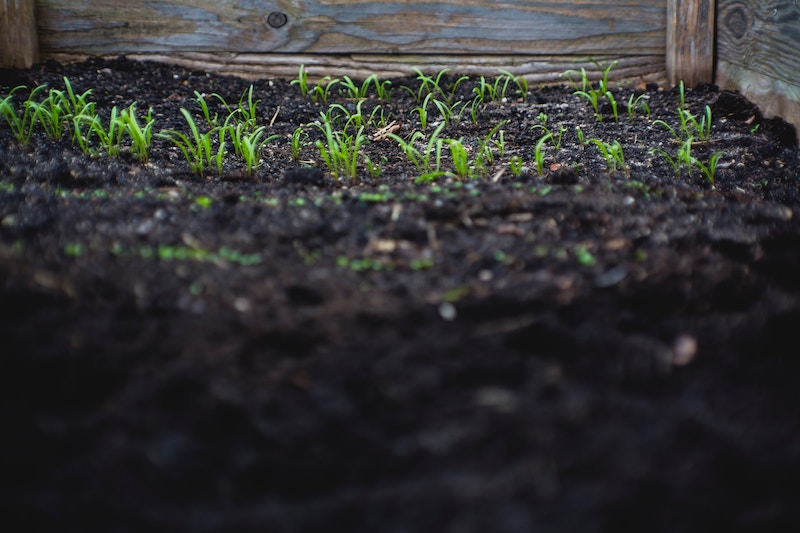Photo credits: Zach Reiner
Soil is much more than just the dirt beneath our feet. Essential for agriculture, a source of undiscovered pharmaceuticals and a filtering system for ecosystems, it’s surprising that the automotive research vehicles, which cruise through air or water, have not yet penetrated the ground.

Soil monitoring and study is of paramount importance for the protection of the environment. Photo by Markus Spiske on Unsplash
Drones and submersibles are highly recognisable as important tools for research and exploration, but no such robots exist for soil-based work even though the need is great. For example, monitoring soil for pollution and contamination or exploring it for sources of water or crop nutrients are huge challenges with ample environmental and economic reward.
“The main problem is that you need to explore different conditions such as humidity, quality and mechanical constraints of soils,” says Dr. Josef Samitier, director of the Institute for Bioengineering of Catalonia.
He is member of a European team of engineers and botanists who analysed these variables to design subterranean robots that draw inspiration from plants. They wanted to mimic root movements through the soil, and the distributed system of sensory ‘intelligence’ and communication used by plants to coordinate this movement. “You need to elongate the robot arm and also you need to introduce and analyse the different signals in real time,” Samatier explains.

The PLANTOID prototype. Credits: PLANTOID project.
To achieve this, the researchers created a robot arm that encompasses sensors, motors, gears and a tiny 3D-printing module all within the tip. This 3D-printing module heats up PLA polymers making them viscous and allowing the motor to move them. Importantly, the tip is the only part of the robot that moves in the soil, reducing friction and mimicking the growing action of plants. With this design, the robotic roots can actively sense and move through the underground environment. The project, called Plantoid, is supported by the EU Future and Emerging Technologies (FET OPEN) programme.
“The technology is incredibly cool”, says Dr. Jen Jen Chung, senior researcher at the Autonomous Systems Lab at ETH Zurich, Switzerland. “The idea of this biomimicry coming out of how plants grow outwards in search for various resources, solves one of the problems we have in robotics, especially when thinking about environmental monitoring, which is where do we place robots in order to get information.” The Plantoid machine negates this because it can collect information and make decisions on where to go in-situ.
Coordinating the hi-tech roots, distributed throughout a network, is another issue faced by the EU researchers. Organic cellular nets are sharing information in real time, but for robots this becomes difficult because the rules of who speaks when get complicated. “Plants also have intelligence” says Dr. Heiko Hamann, the principle investigator of Flora Robotica, another European robotics project taking inspiration from the botanical world, asking questions like trees grow lower branches away from the shade of the upper branches.
“For computers and robots, we always need to make these rules very explicit,” says Hamann. “And if you have multiple robots that can all talk to each other you need to consider, does everybody really need all the information?”
Mimicking plant design appears to have paid off. Samitier and colleagues now have working prototypes of robotic roots ready for testing in a variety of specific scenarios. There are already applications beyond the soil taking shape too. “There are similar problems when clinicians use an endoscope inside the body of patient,” says Samitier. “It is a problem of how to move in 3D space, with some limitations, and how to obtain and process information very quickly.”